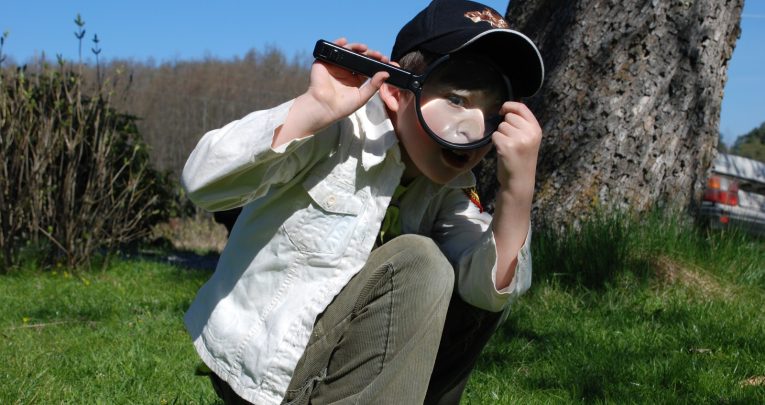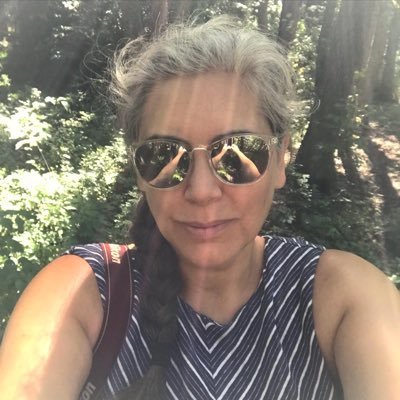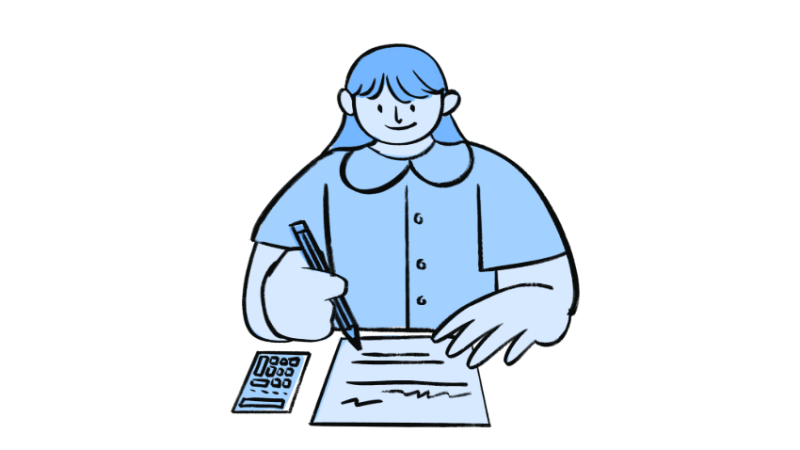What is Original Learning and How is it Different to Learning Through Play?

It's essential to how children's brains develop, so why do some insist on relegating the status of 'play' below that of academic learning?

The term ‘Original Learning’ came from a need to explore play-learning discussions occurring within early childhood education and throughout the education system. ‘Learning through play’ is a phrase that is often heard, and yet it feels over-simplified.
We know that children learn in many other ways too – rote learning, academic learning, training etc. Academic learning tends to have more status than play-learning. Schools tend to focus on teaching, thus giving more status to teaching methods than learning styles.
‘Original Learning’ refers to an exploratory style of learning that is often achieved through play. Alison Gopnik writes in The Philosophical Baby “Play is the signature of childhood. It’s a living, visible manifestation of imagination and learning” (p14).
The book talks about the differences between the child’s brain and the adult brain and the usefulness of play in childhood despite been seen as useless in adulthood. Essentially she implies that play enables children to have a greater learning capacity than adults.
Pramling-Samuelsson points out that play is not always a positive experience and that there is a tendency to romanticise play (Play and Learning, 2013) which is another reason why I would like to use the term ‘Original Learning’ instead of ‘learning through play’ as it can open our thinking to a myriad of play-learning possibilities that are valued equally and not limited to child-initiated, joyful play.
If we define ‘learning’ as academic – behind desks, learning how to read and write and fact retention, then there is not enough value being given to other forms of learning.
In Sweden the preschool curriculum is in the process of being changed again with a greater focus on teaching – this has brought up concerns about the 12 hour pedagogical days for children every day of the year.
But if we view learning as ‘Original Learning’ then there is an understanding that it is not about lessons, but about playing and exploring life… it is the transitions, the routines – it is about interacting with people, materials, nature in many different ways… something we do, naturally, all the time.
As educators it means we need to create space and time for children to use their imaginations so that the learning from one situation can be transferred to another…
There are many definitions of play – personally none of them really define it perfectly because play is just so complex – there is free play, imaginative play, social play, individual play, adult-led, child-led, together-led etc etc; and in the exact same way there are many forms of learning.
These learning and play styles are woven together – in a manner that creates a fabric that is frayed at the edges – where there is just play or just learning.
Original Learning is about equal access to the whole fabric not just selected threads that can be standardised, evaluated and graded. Original Learning is life-long learning, not just something that is crammed into the child to complete a test and be forgotten afterwards.
Original Learning values the uniqueness of each child. It’s a democratic approach to learning where educator and child value the learning processes together, not only as individuals but also as a group.
Where daily routines/life is seen as part of the learning processes, there is no obvious line between the play, the learning, and the everyday routines.
Experiences and knowledge gained can be transferred to other situations to enhance, explore or make sense of the world and life… from discovering and playing with fingers and toes as an infant to complex role play with others as children.
I end with an example of transference from my own family. When my daughter was two years old we ate lamb stew. My daughter asked me if she could plant one of the bones found in the stew.
I asked why.
So that she could grow a sheep.
My daughter applied her knowledge of fruit where seeds inside the flesh could be planted to grow a fruit tree.
There had been no lesson/formal teaching about planting seeds – just eating fruit, talking, observing seeds in nature.
Her own observations, understanding of seeds and experiences were applied to understand the animal kingdom… her desire to grow a sheep opened up an opportunity to learn more.
This is not ‘learning through play’ in the traditional sense, yet this was child initiated, voluntary, filled with imagination – many of the descriptions of play. Hence why I feel there is a need for the term ‘Original Learning’ where play, learning, exploration are woven together.
Suzanne Axelsson is an ECE consultant living in Stockholm. She has a Masters in ECE from Sheffield University and half a lifetime of ECE experience from Sweden. She is currently working on a book about listening and training teachers in learning through play in Jenin’s Refugee Camp, Palestine. You can follow her on Twitter at @SuzanneAxelsson.











